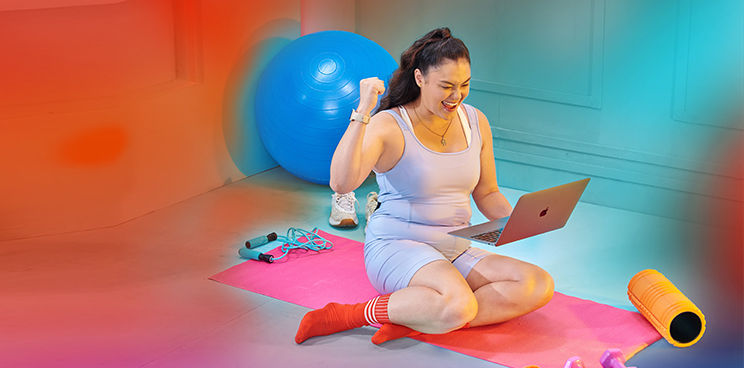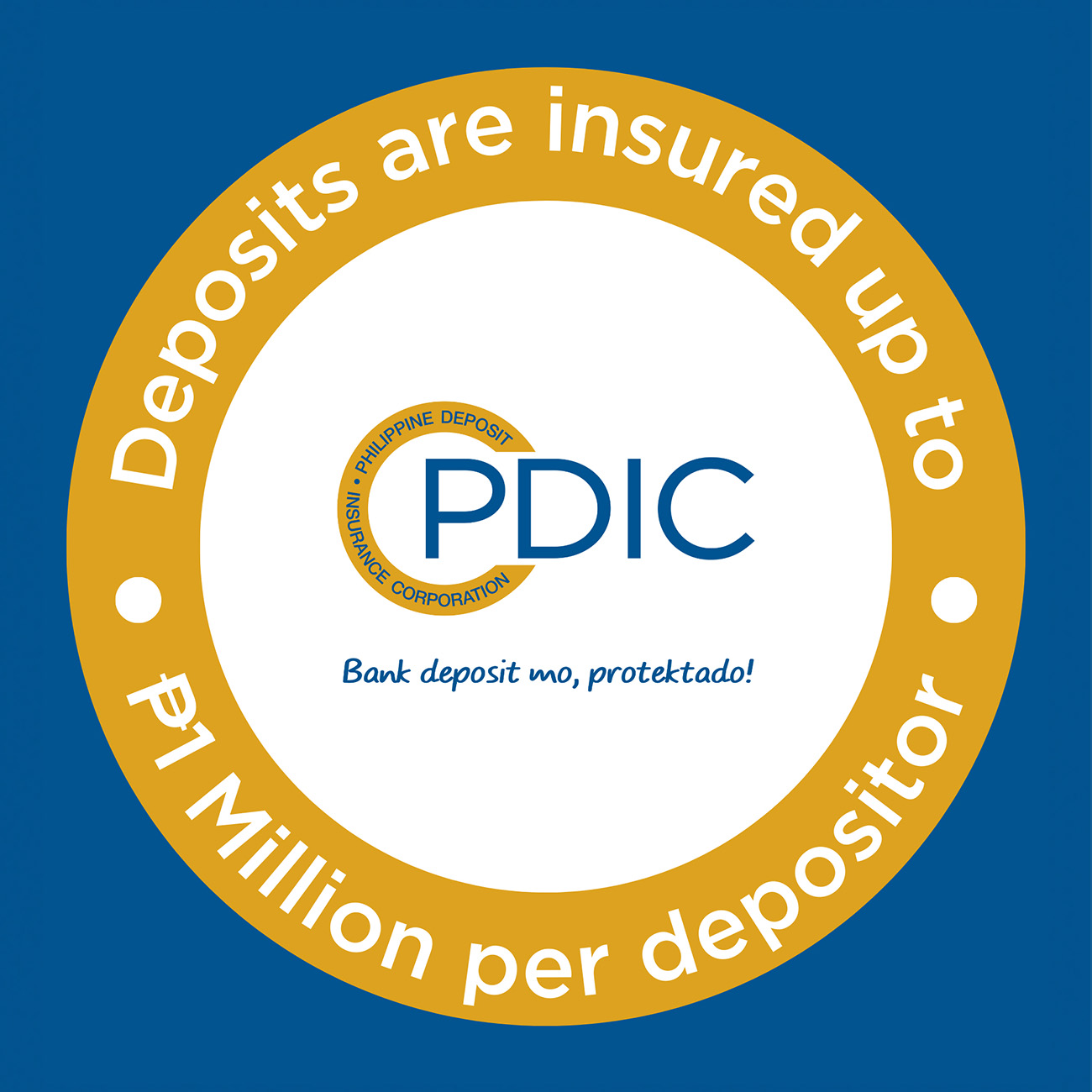One of the most important things to decide on when shopping for a car is whether you should buy new, or second hand. It’s a big decision that has an impact on several financial aspects, and one that can easily get overwhelming.
Don’t worry — we’re here to steer you toward the right decision. Here are a few things to consider when deciding on this major purchase:
1. Upfront price and depreciation.
That “brand-new car smell” and spotless paint makes a strong case for buying a new car, but here’s the catch: a new car’s value will depreciate the second you drive it off the lot. A new car will also have a higher sticker price, naturally.
Buying a used car means the first owner has already absorbed the depreciation cost, and you’ll be able to get the car at a much lower price. However, there may be more hidden costs to a used car, including maintenance fees and things you might want to change in the car, such as the paint, seats, and more.
2. Maintenance and insurance costs.
Any car, new or used, will require upkeep. A new car will have a clean bill of health from the get-go, while it will take some due diligence to ensure the same for a used car. But don’t be afraid — when buying a used car, just ensure you have a trusted mechanic to inspect for any issues so you know what you’re getting into.
Another thing to think about is insurance — a new car will have higher insurance costs, while the opposite is true for used cars.
A car is a big financial undertaking that needs a lot of careful thought.
3. Tech and features.
If you’ve got to have all the latest and greatest car tech, a new car will have those. But remember, these things evolve quickly so you’ve got to make sure you’ll be happy with the car’s tech and features for at least a few years.
On the other hand, if all you need is a vehicle that takes you from point A to point B and the bells and whistles aren’t a concern, then a used car will give you more bang for your buck.
4. Eco-friendliness.
New gas-powered cars are generally more eco-friendly than older ones, primarily because emissions restrictions gradually become stricter over the years. But if you’re thinking about getting an electric car, keep in mind that there probably won’t be a lot of them on the second-hand market yet. And if you do plan on a second-hand electric car, you’ll need to watch out for all of the points above plus inspect the car’s battery.
5. Your peace of mind.
Since a new car will likely have less problems, it will give you some peace of mind. However, the opposite isn’t automatically true for used cars, especially if you are diligent about inspecting the car and investigating its history.
It’s also worth checking if a dealer has a certified pre-owned program. These programs sell second-hand cars — usually almost brand new — that have been vetted by the dealer itself, meaning you’ll get almost the same peace of mind as a brand-new unit.
But whatever your choice, make sure to consider not just the sticker price, but also the hidden costs and maintenance fees down the line.
And don’t be afraid to ask for expert advice — NEXT by BPI Preferred is here to help.
Want more content like this? Check out more articles from The Program.





